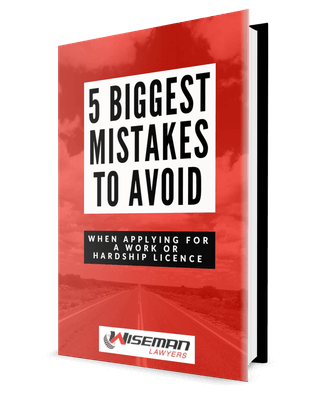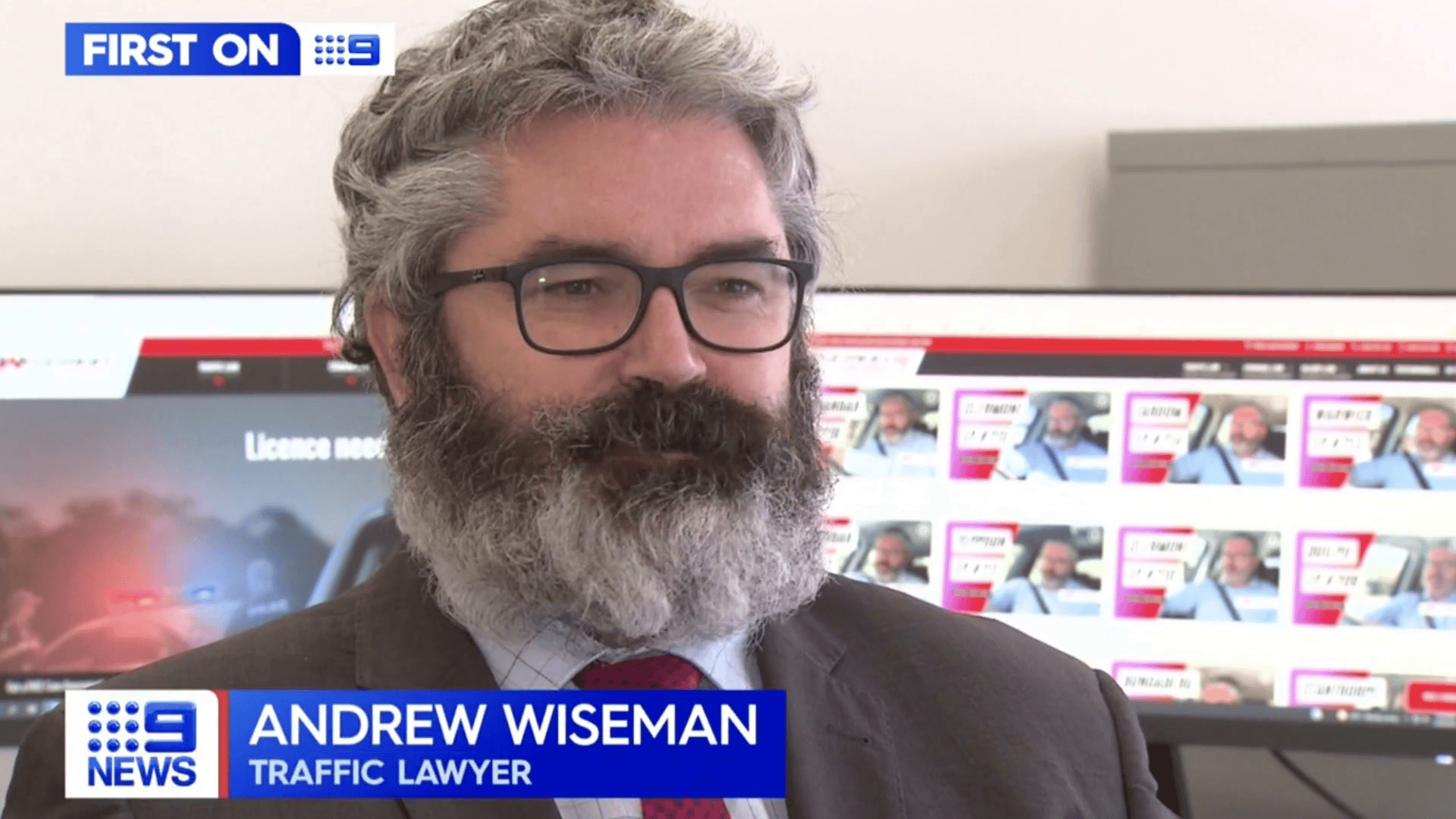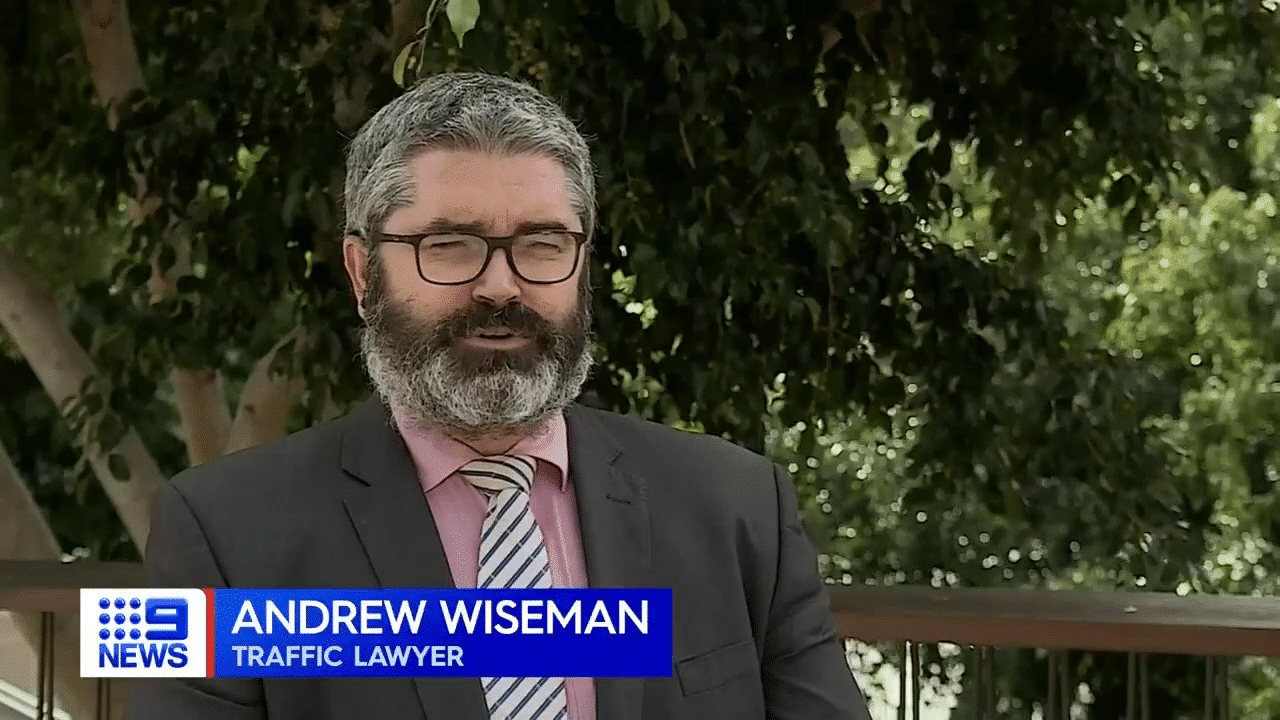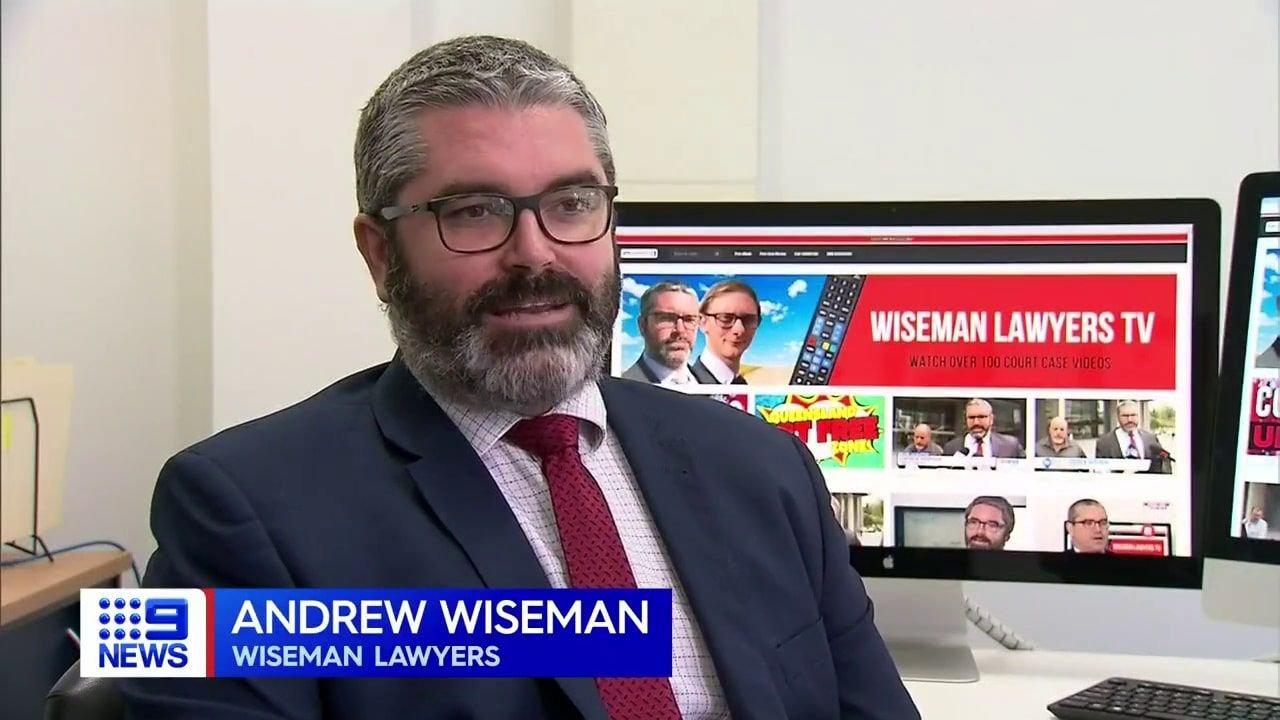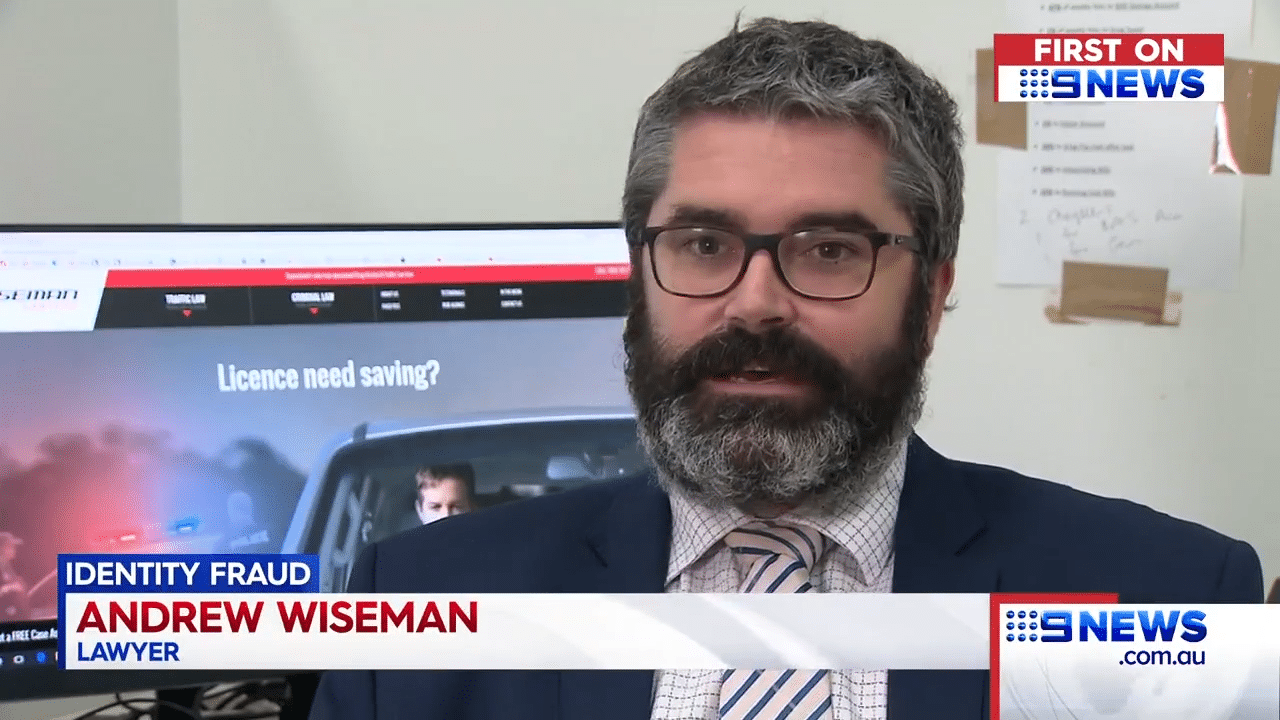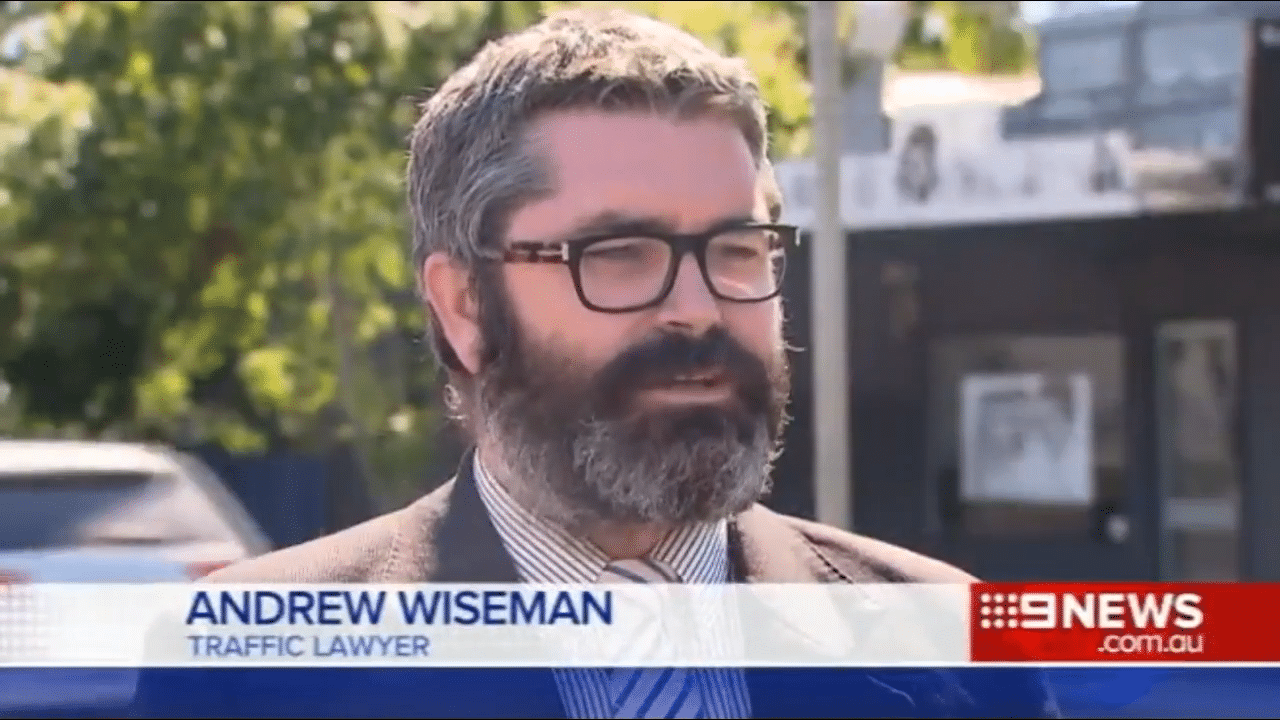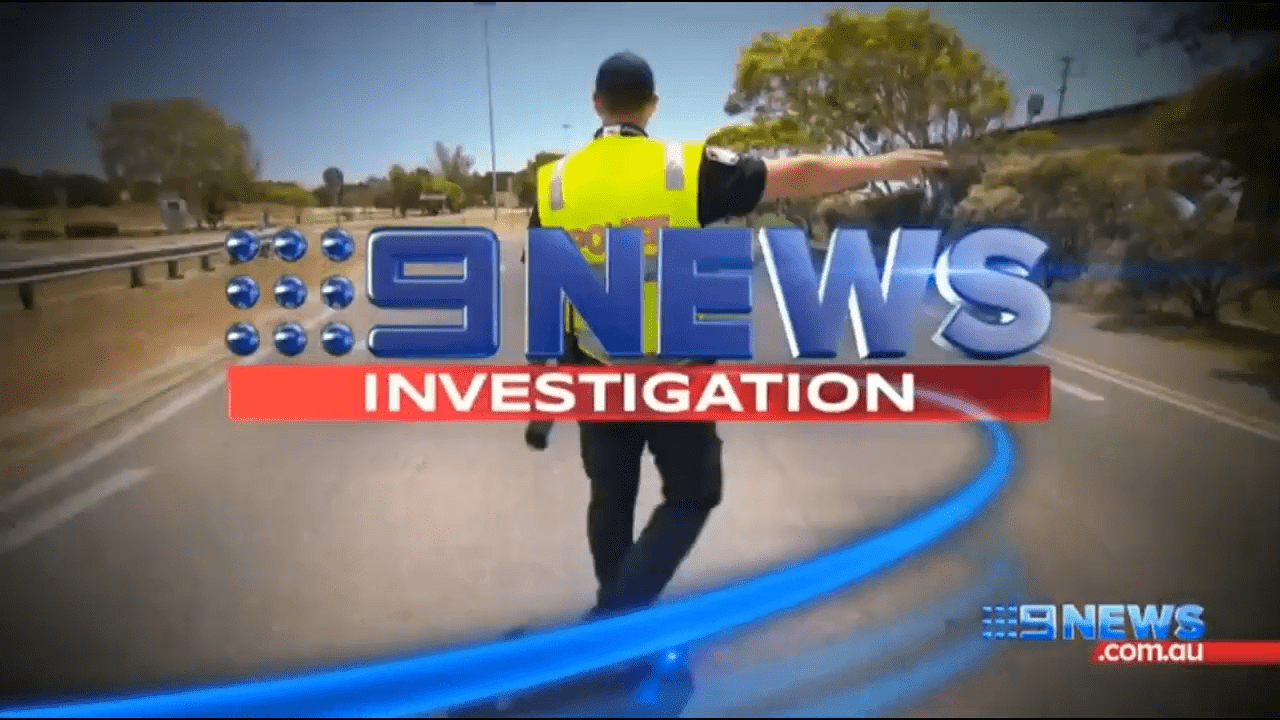Join Wiseman Lawyers Traffic Lawyer Andrew Wiseman at Cleveland Magistrates Court as he represents a client charged with Drink Driving. Watch Andrew explain what happened in the courtroom, along with the outcome which he achieved and how he achieved it.
All right, today I was at Cleveland magistrates court. Client was charged with low range, drunk driving, reading a 0.072. He had hadn’t lost his licence in the last five years. He was the holder of an open Queensland licence. So, as a starting point, he was technically eligible, apply for a DUI drink driving work licence. But, given he was a valuable and valued member of his organisation, he wasn’t going to lose his job over this, and would’ve been incorrect and you know, wrong to sign an affidavit saying that he would lose his job. One of the prerequisites to be eligible, to apply for a DUI drink driving work licences is that you need an affidavit. If you’re not self-employed from your employer saying that you will lose your job or at least your income, if you lose your licence. And as I said, that wasn’t the case today.
So my job was one of getting the disqualification down as low as possible, as I opposed to applying for a DUI drink driving work licence. But more importantly for my client, given the industry he works in, he was concerned about the recording of a conviction. This isn’t a criminal matter. It’s a traffic matter, but that said recorded traffic convictions can cause difficulties in certain areas of life. I’m not going to go into details about what he does or you know, why he particularly needed it. Other than to say that he’s in a role that a civilian role and a civilian role that comes with it, certain defence force security classifications. And you know, those classifications or clearances are granted and certain hurdles need to be gotten over to be granted such access. But, it’s an ongoing renewal process. So, a recorded conviction today, even though it’s not a criminal matter and is only a traffic matter, may have caused him difficulties in the future in maintaining those defence security clearances.
So, probably more importantly than the licence was the recording of a conviction. But that said, I was here to try and achieve both.
Prior to today, I got my client to complete- We give clients a few options with regard to perform three courses. This particular client chose to do two of them, which was good and noble of him. So, basically every possible reformatory course that he could have done in this state, he did. We got him to get some character references based on a template. We provide all our clients, which guides the referees through, who they need to be addressed to, or the points that need to be covered. There’s no point just having a, “to whom it may concern. He’s a great bloke,” reference when you go to court because you know, the magistrate doesn’t know that the person writing, it knows it’s being used for court.
And if the reference, you know, just speaks about the guy in general, how does the magistrate even know that they know of the charge. But, in any event, that’s why we give templates to our clients to guide the referees. With the regard of the recording, the conviction, I drafted pretty detailed written submissions prior to today of various cases, supporting my argument that in this instance, there shouldn’t be a recorded conviction. Magistrates don’t give out the non-recording of traffic convictions freely, given that for most persons, there’s, there’s little to no impact. But under certain circumstances, it is appropriate for me to push for it. Particularly if there’s some kind of defence related employment.
As I said, I drafted those submissions, forwarded everything document wise to the court, and the prosecutions prior to today. Met my client court this morning, we grabbed a conference room, ran through my submissions, the procedure, “what are you going to expect me to say?t” The magistrate, the prosecutor, et cetera.
There was quite a bit of resistance from the prosecutor on the recording of conviction. Most of the time they take a position that, you know, it is of little impact and therefore it should be recorded all the time. And to a certain extent, they’re correct. I mean, if you just go to court and say, “I don’t want to record a conviction because I just don’t want one.” Well, you’re not going to get anywhere. And even when clients or potential clients ring me up saying, “I want no conviction recorded.” My response is, “Why?” And yeah, I need more than just, “Because.” I need to have something of substance that I can put to the magistrate. I mean, case law will only get me so far if you’ve got no plausible reason for requiring no conviction recorded other than just simply wanting it.
But in any event, ran through everything. Went in. There was resistance from the prosecutor, but I was ultimately able to overcome it with my written submissions that I’d earlier prepared, and more verbal submissions. So, I was able to say the magistrate not recorded conviction. And with regard to disqualification, as I said, worst case is nine months management minimums, one month.
I was also successful in persuading the magistrate to give the managed minimum one month disqualification. So, no conviction recorded, one month disqualification, modest fine. The client is obviously relieved, very happy.
I’m Andrew Wiseman at Cleveland magistrates court. Thanks for watching.
